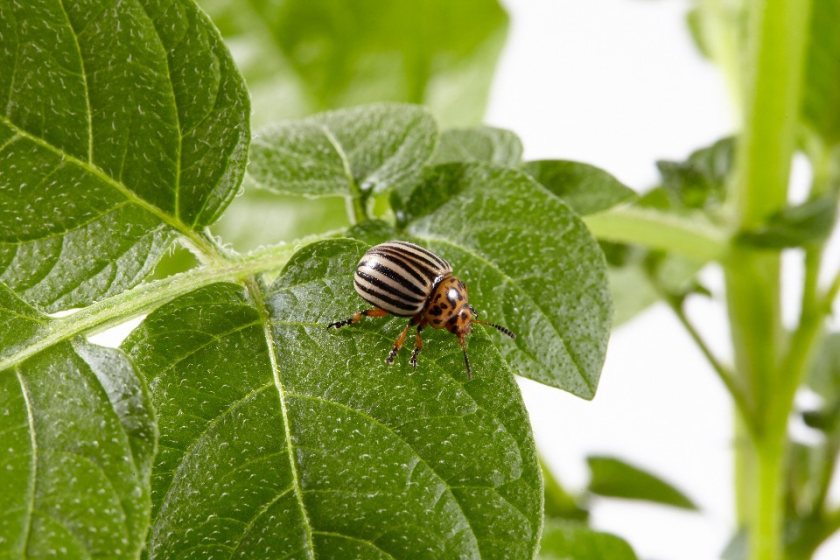
Farmers are being warned to remain vigilant after the government confirmed a new sighting of Colorado potato beetle larvae in Kent, just weeks after the first sighting.
Defra and the Animal and Plant Health Agency (APHA) said the finding of a single adult male Colorado beetle was discovered within a 1km surveillance zone in Kent.
Last month, the government confirmed that the beetle, which are a significant threat to potato crops, was found in Kent for the first time since 1977.
If not eradicated, Colorado potato beetles are a significant threat to potato crops. However, they are not a threat to human or animal health.
Adult beetles and larvae feed on the foliage of potato and other plants in the nightshade family and can completely strip them of their leaves if they are left uncontrolled.
No additional colony was detected, according to Defra and APHA, and given the estimated age of the beetle it’s likely that this specimen dispersed from the original site.
UK Chief Plant Health Officer, Nicola Spence said: "Following a report, our experts have identified the presence of Colorado beetle larvae in a potato field in Kent.
"We are responding swiftly through our eradication programme, involving ground surveillance to look for beetles and larvae at the outbreak site and surrounding area.
"Whilst this pest does not pose a threat to human health, we encourage all growers, farmers, processors and the public to remain vigilant and report any sightings, especially in Kent."
Farmers and growers in particular are being encouraged to remain vigilant for signs of the pest.
The beetle is bright yellow or orange with black stripes and is usually between 8.5-11.5mm in length and 3mm in width.
Its larvae are a reddish brown in colour, round and globular, and up to 15mm in length.
The beetle is not endemic to the UK and is currently regulated as a Great Britain quarantine pest, with import and movement restrictions in place for susceptible host material.
APHA is obligated by the government to act upon the current findings and eradicate this pest to support the UK's efforts to maintain this status.
